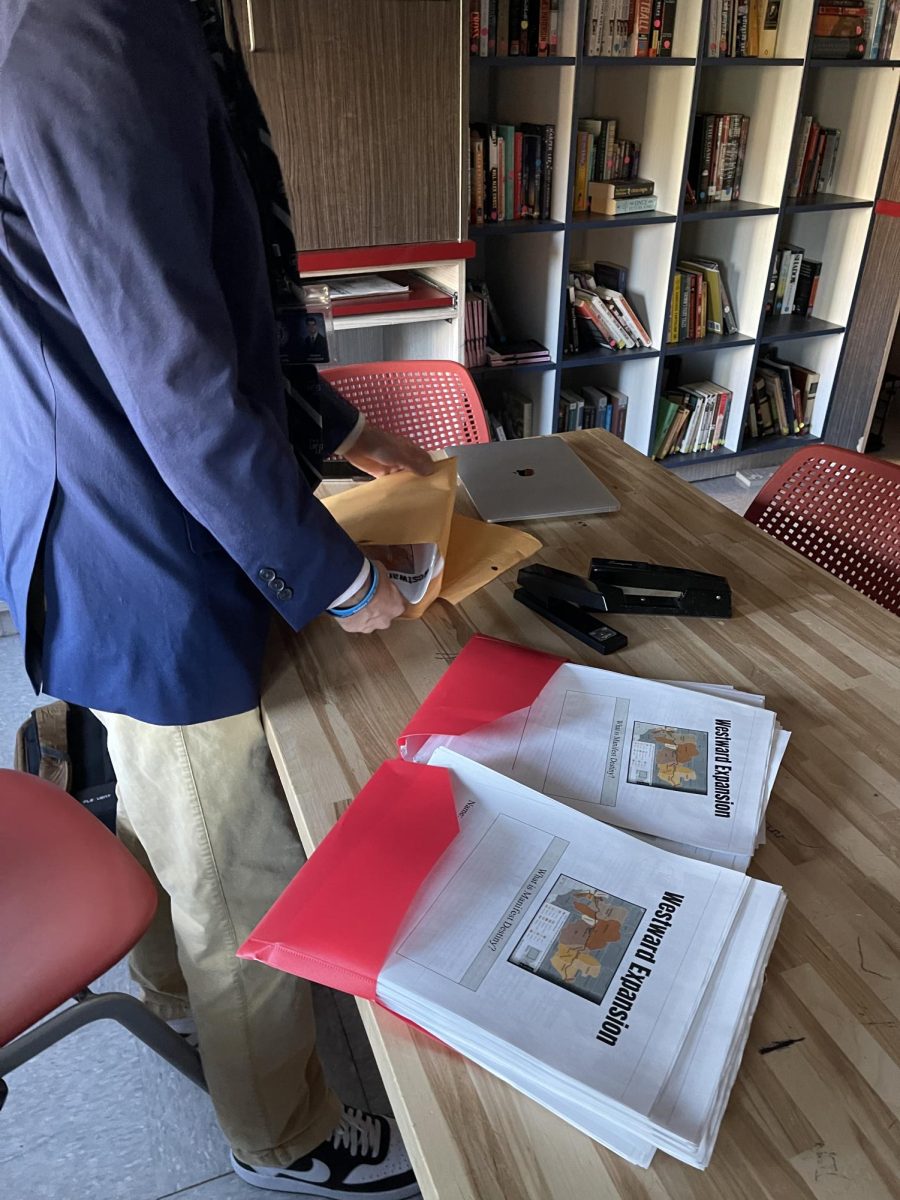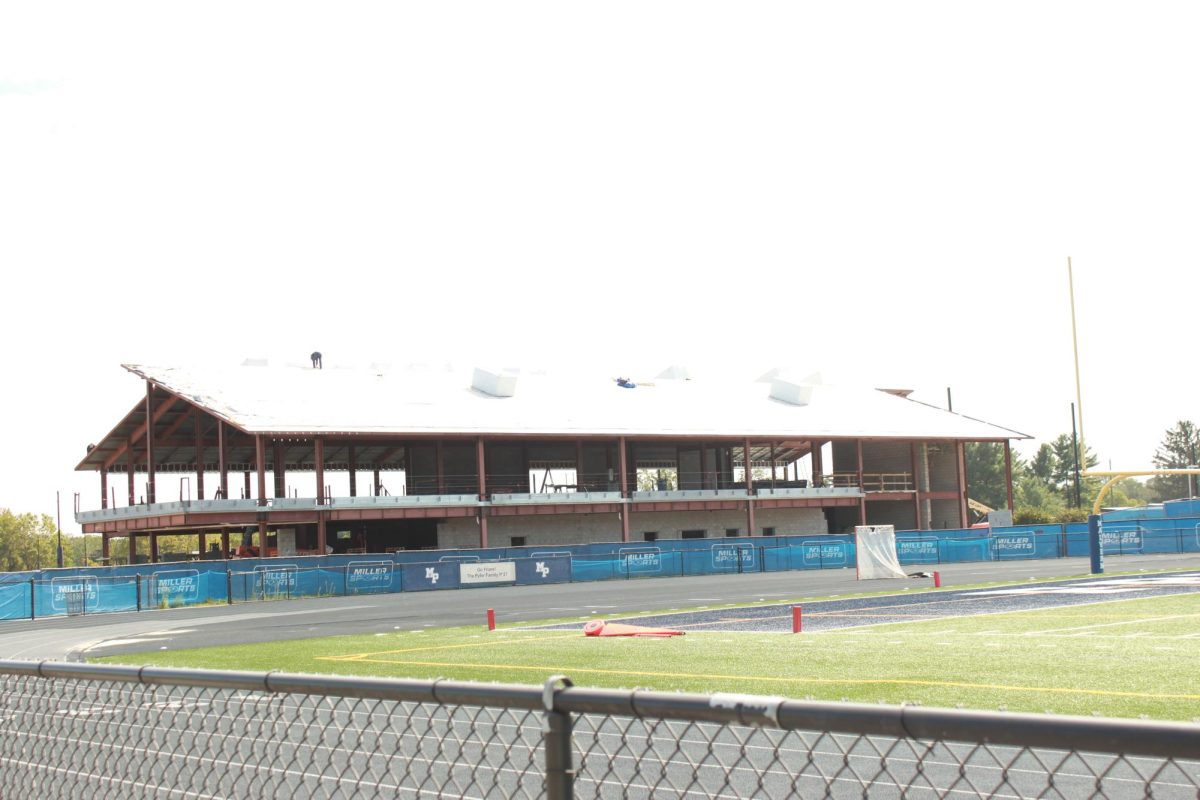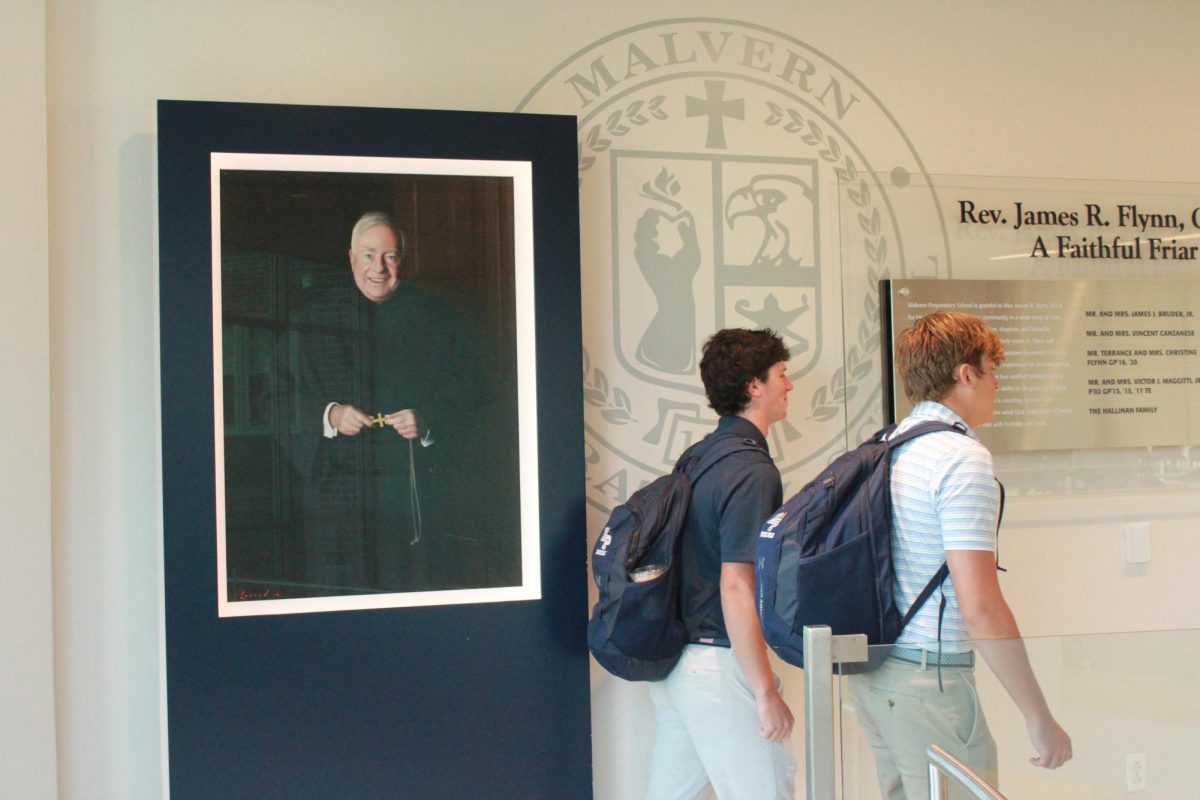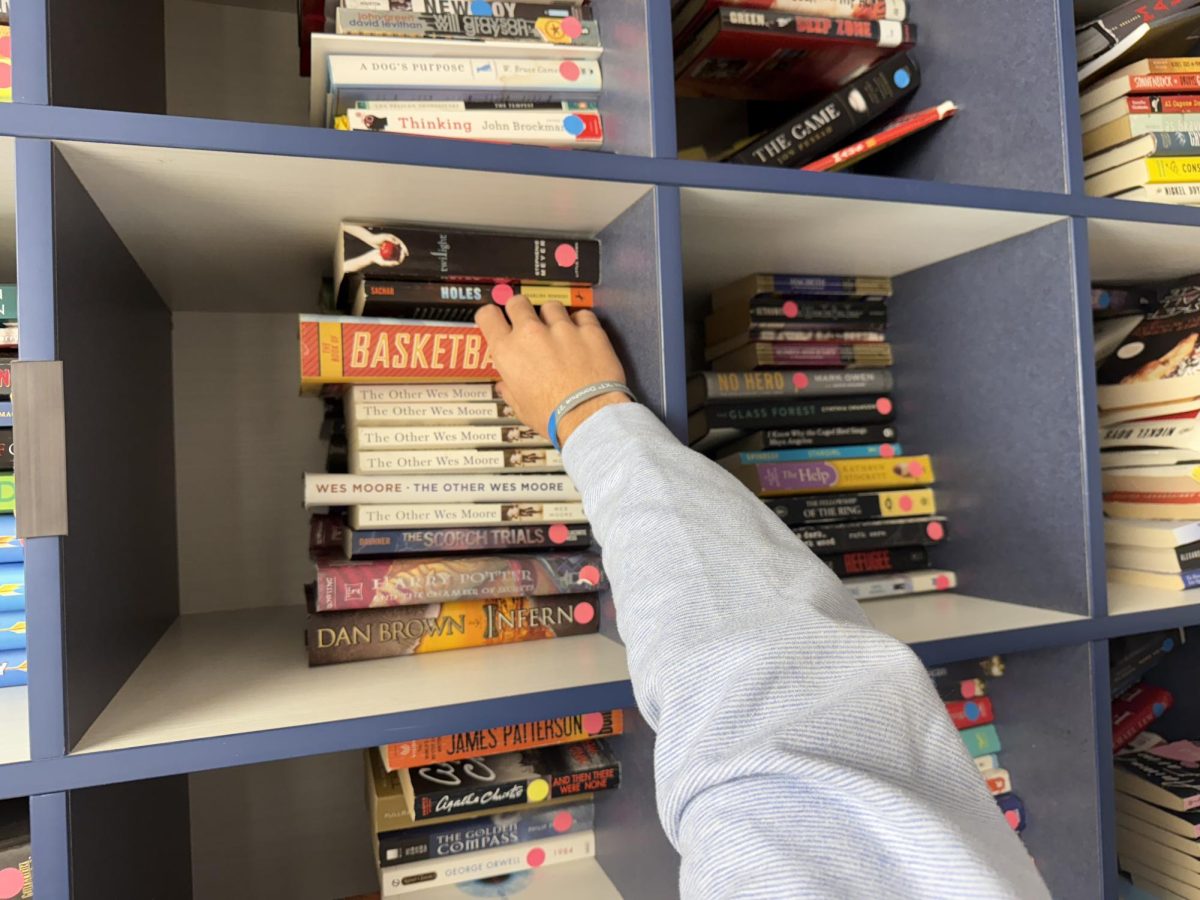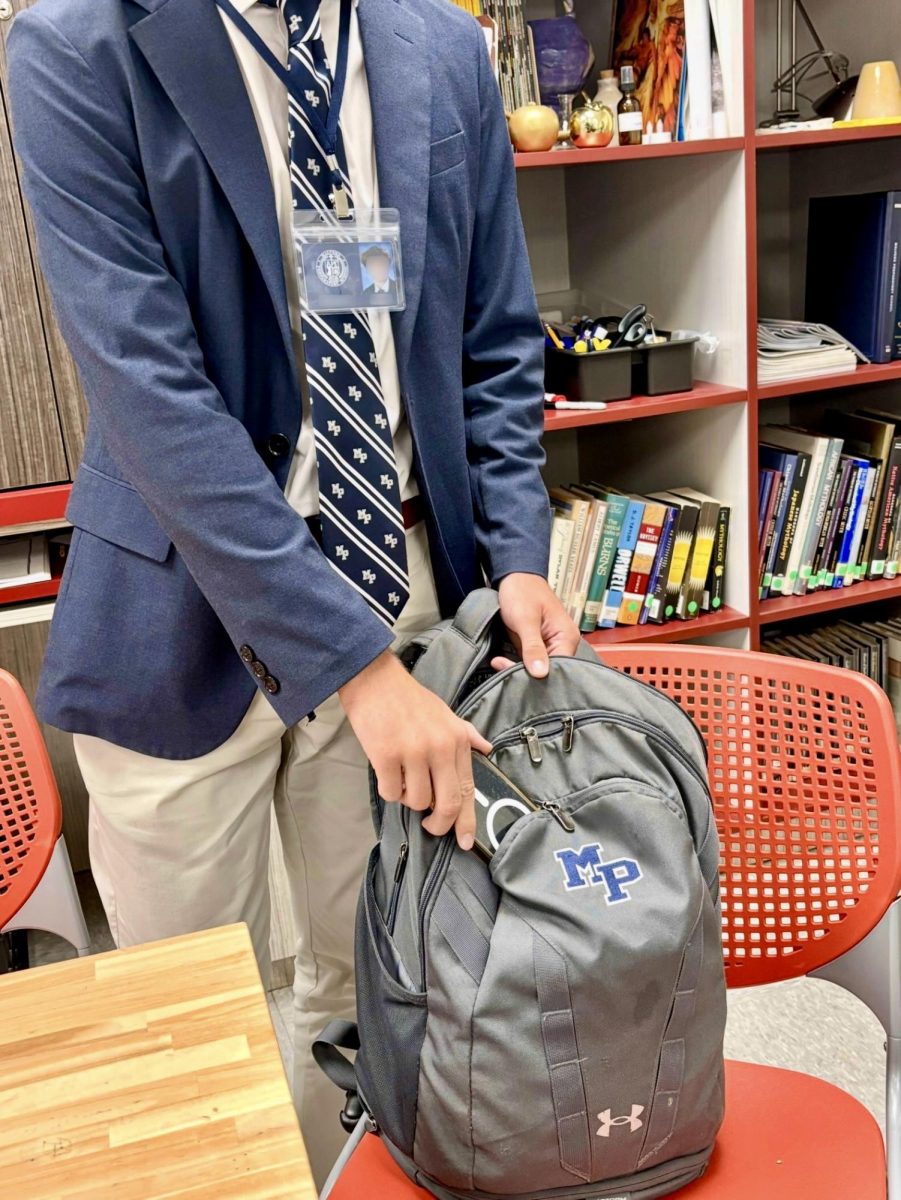Latin teacher of one short year at Malvern Prep discusses his short, but fulfilling experience at Malvern.

Mr. Dall, who came into Malvern partially into this year, has had a wonderful experience and relationship with Malvern Prep students, faculty and more. Mr. Dall was offered a job at Malvern after we lost our only Latin teacher shortly into this year. Mr. Dall had currently been retired but decided to take on another year of teaching Latin. He has been favorited by many students in and out of his class and has made the most of his short Malvern experience.
How did you begin teaching at Malvern? How was your Malvern experience, despite your short time here?
I came out of retirement to answer Mr. Algeo’s call to teach, and as I look back over the year, I must record my appreciation for the warm welcome of the faculty. I have been equally impressed by the camaraderie of the young men of Malvern. Their drive to excel, collectively and individually, is commendable.
Do you have any plans for next year?
At this writing, my plans for the upcoming year have yet to be focused. On the back burner is to visit the Canadian Rockies and to visit Vancouver. If Mr. Tom Stewart wants to rendezvous in Hailifax, Nova Scotia, I’ll reset the computer.
How was your experience with Malvern’s 21st century learning program, and what is your opinion on it?
My colleagues in the middle school deserve a shout out for their commitment to actuating innovative approaches in teaching. Collaborating and coordinating alone require considerable time. If I may paraphrase Mr. Talbot, we have to be open to creative approaches that can and often do lead to innovative results.
Is there anything else you would like to add for our readers?
In my life, I have been blessed to have had numerous teachers who were inspirational. I was in the headmaster’s study at Hill School when Robert Frost said, “We go to school to study teachers” – a remarkable statement considering Frost’s troubled childhood and checkered school experience.
He wasn’t completely right, I feel.
As much as a student may study a teacher, the teacher is studying her/his students.
I see neither a student-centered classroom nor a teacher-centered classroom; instead, if I could paint my description, it would be two concentric circles of light – one representing students, the other the teacher – both intersecting at times and at other times not, but both are encircling the subject, in the middle. As the two bands of light intersect, the distinction between teacher and learner is blurred.
There’s the Chinese story of an aged teacher and a young boy sitting beneath a tree on a river bank. The old man is showing the boy how to fish; neither the old man knows he’s the teacher, nor does the boy know that he is the pupil.
We – the Latin legionnaires and I – have on varying levels faced the rigidity of structure to examine ideas, and in the final analysis, we have become better editors of our own self-expression. English and history essays should reflect such self-examination. It is my wish that every young man of Malvern has the confidence – before he is graduated – to analyze with confidence and to write and to present with the same confidence. Ave atque Vale! (“Quique sui memores aliquos fecere merendo” Vergil, Bk. VI, I.664)


